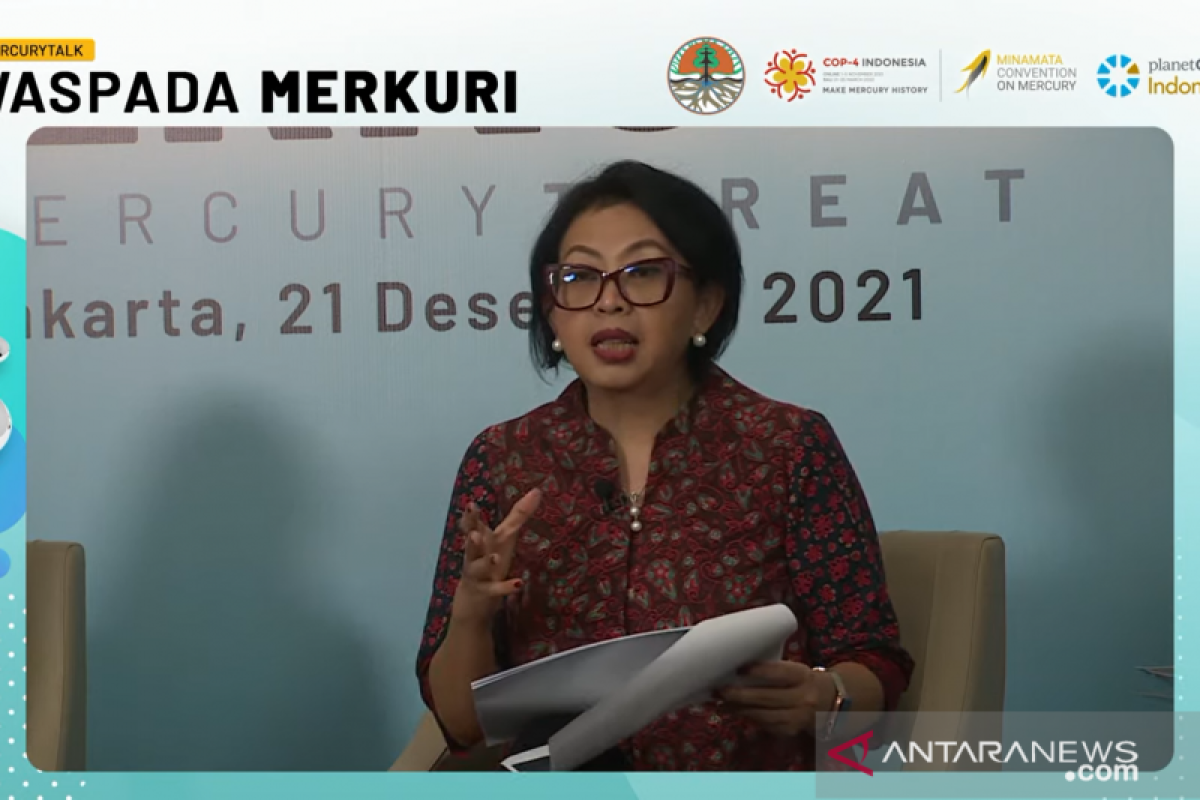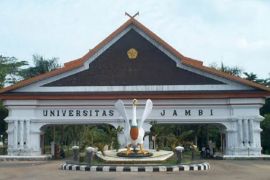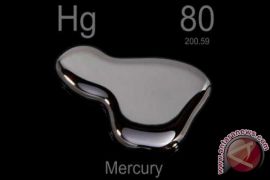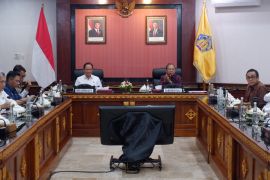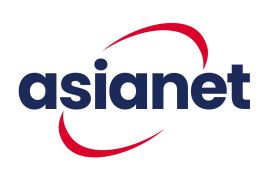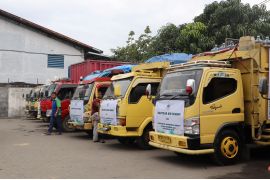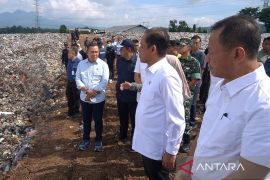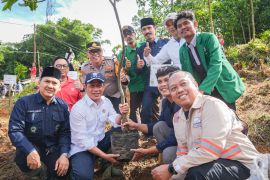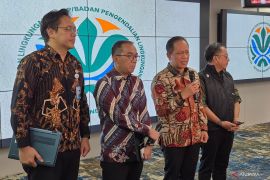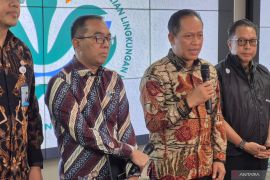"There are emissions from coal burning, cement industry, and also activities from small-scale gold mining," Garbage, Waste, and Toxic and Dangerous Material Handling Director General at the Ministry Rosa Vivein Ratnawati noted.
"This is what the Presidential Regulation on Mercury Reduction and Eradication National Action Plan attempts to reduce and ban," Ratnawati noted during mercury alert discussion here on Tuesday.
Speaking in connection with the utilization of mercury in gold mining, she stressed that the Mercury Reduction and Eradication National Action Plan (RAN PPM) had forbidden the use of the material for such activities.
Related news: Indonesia's role and commitment in Minamata Convention
In addition, mercury could enter the environment through human activities, such as incinerator and crematorium waste as well as leaks in landfills that could enter a water body and groundwater.
This could potentially cause mercury to enter the food chain in the waters.
Moreover, sedimentation can likely occur as a result of mercury emission that enters the environment during rains that would be causal to mercury pollution on land.
Constant exposure to mercury could have wide-ranging effects, such as the destruction of lung, skin, and central nervous system; digestion problems; as well as kidney failure, Ratnawati explained.
"If a pregnant mother ate fish that, for instance, contains mercury, it would harm the fetus," she noted.
Earlier, Indonesia had pressed for global collaboration in an attempt to handle the illegal trade of mercury.
Foreign Affairs Minister Special Staff Muhsyin Syihab affirmed that the lack of international collaboration had caused countries to not be in a position to stop criminals involved in illegal trade from moving across borders.
Related news: Combating mercury use in gold mining remains a challenge: ministry
Translator: Prisca Triferna, Fadhli Ruhman
Editor: Suharto
Copyright © ANTARA 2021
